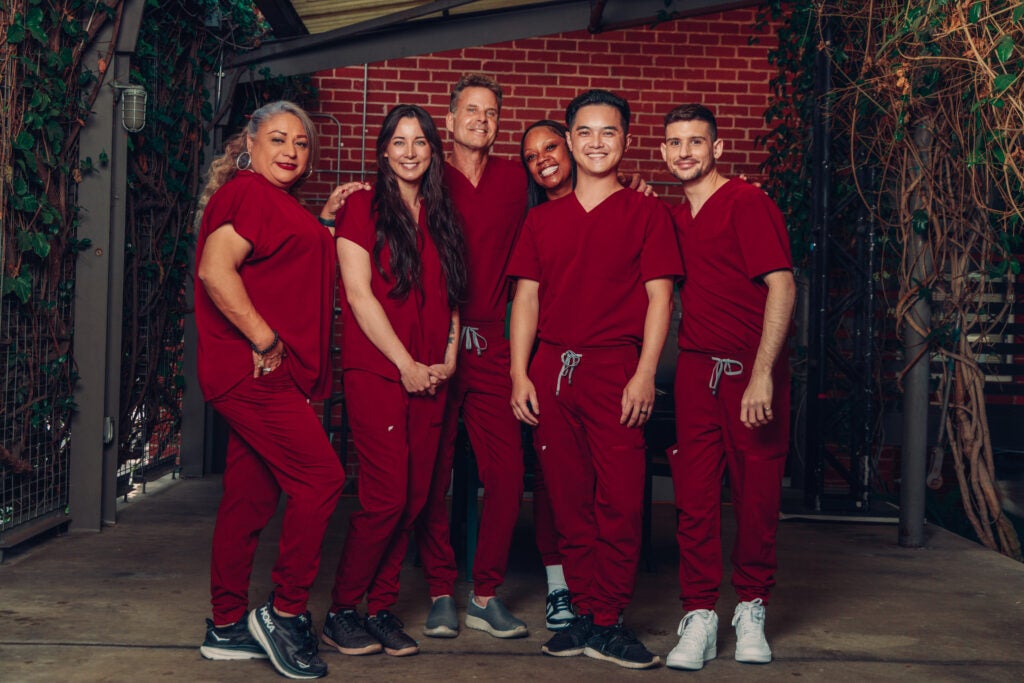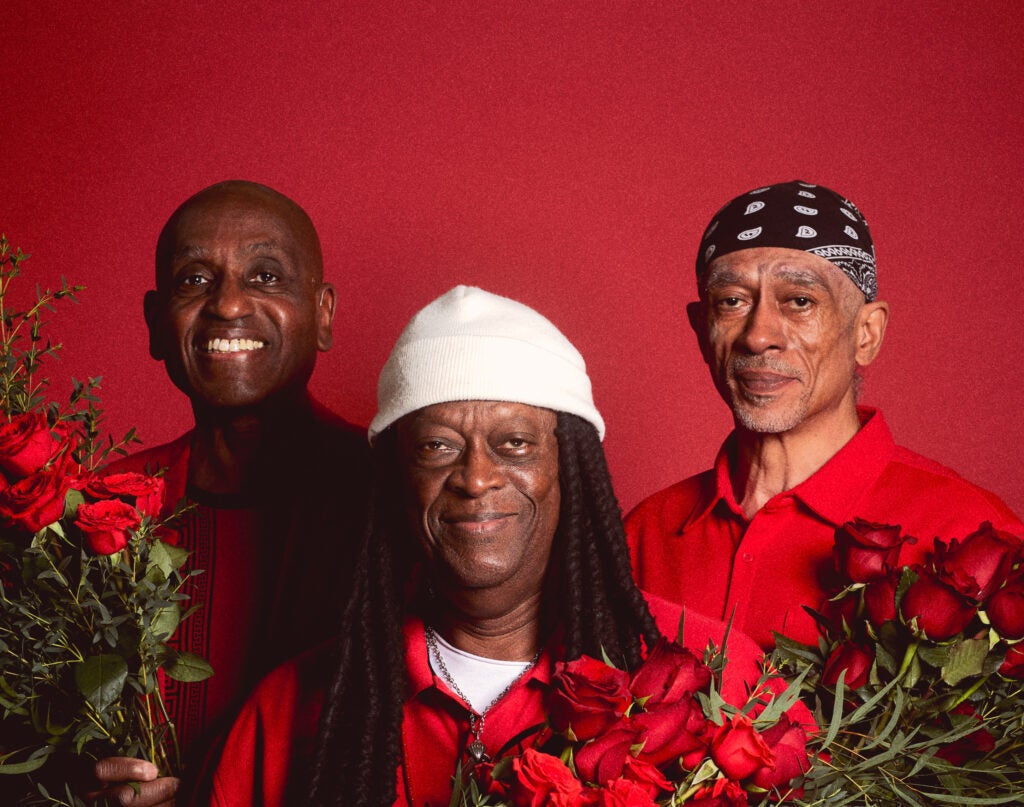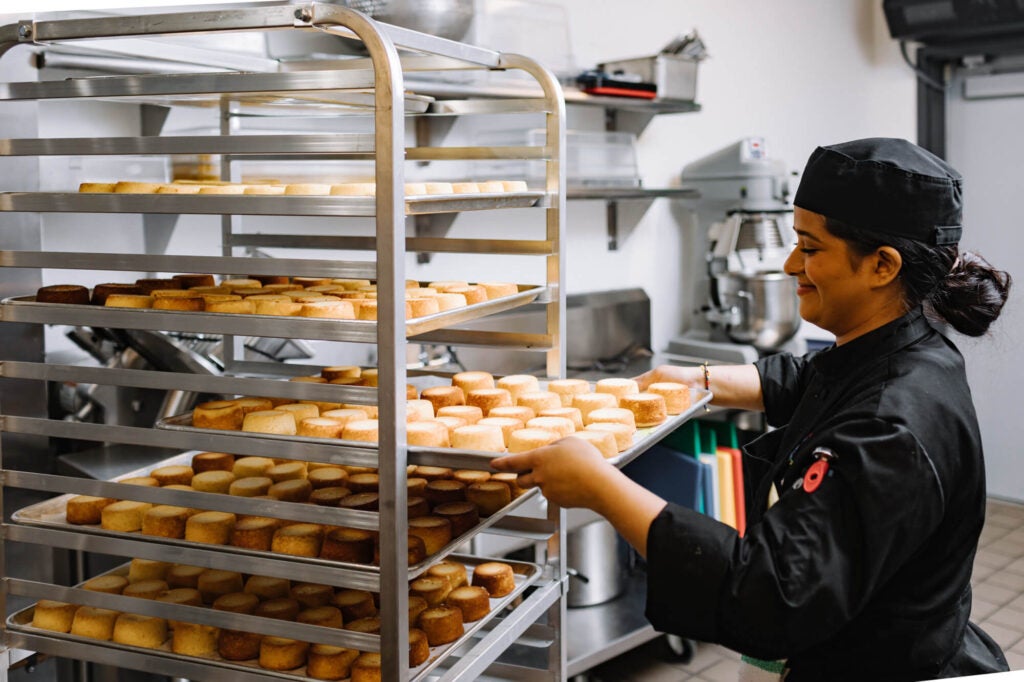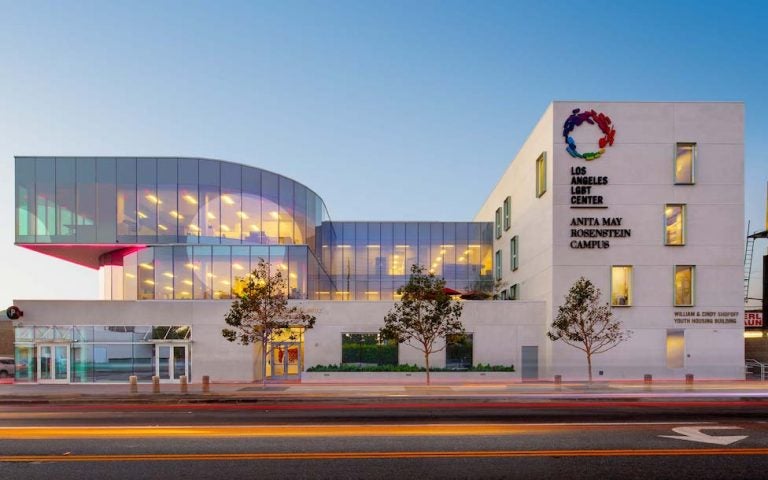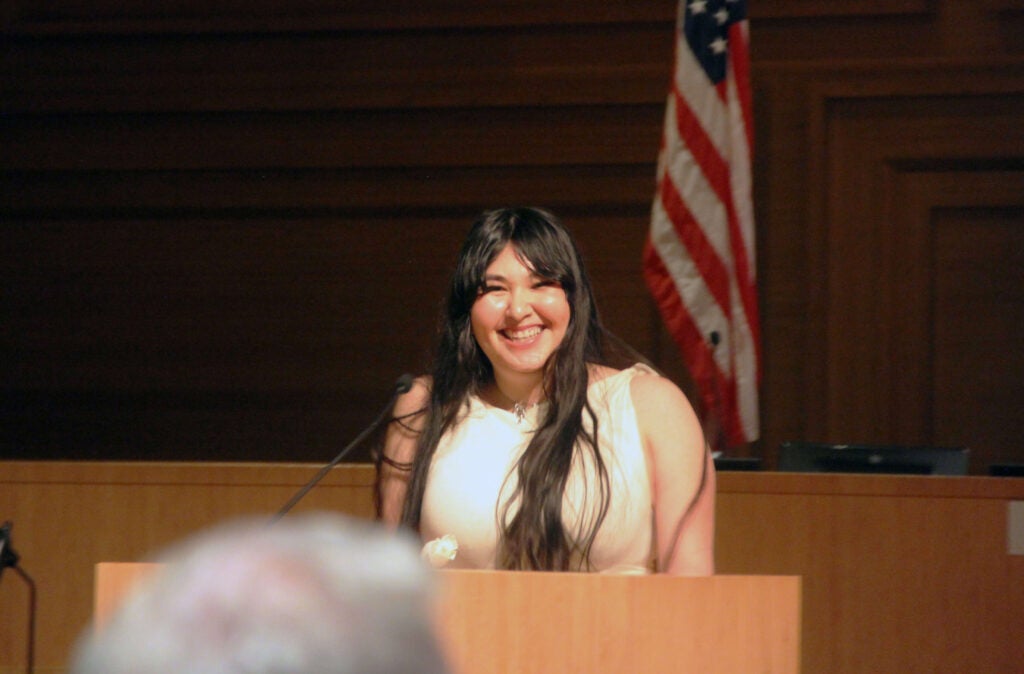Observed annually on Feb. 7, National Black HIV/AIDS Awareness Day is devoted to raising awareness and promoting HIV prevention, education, and testing in Black communities, while acknowledging the ways HIV disproportionately affects Black people. This day serves as a reminder that the fight against HIV and AIDS is still ongoing, and this epidemic will continue until equal access to care and information is available to everyone.
According to a report by Los Angeles Black AIDS Institute, although Black people account for a mere 13% of the U.S. population, they comprised 43% of new HIV diagnoses nationally and accounted for 43% of AIDS-related deaths, with 42% of all people in the U.S. living with HIV.
Below, three members of the Center’s HIV support group for older men share their experience living with HIV and accessing care while facing unique stigma and health disparities as members of the Black community. They also share their joy and resilience, offering words of wisdom and support to other Black people who are currently living with HIV.
“We need to educate people,” says Mario Scott, who was first diagnosed in 1986. “We need to help them understand that we are important, our lives matter. As Black people, we contribute a lot to this world.”

Marvin Thornton, 60
When were you first diagnosed?
That’s tricky. I went three, four, five, six times. Nothing. Then I went once, and they told me yes. Then I went back to my other doctor, who said no. So I kept going back and forth for a while. The best answer is sometime in the mid ‘90s.
What was your experience after being diagnosed?
It was terrifying. I graduated high school in ‘82, right when it all began. So I came out of high school petrified. And I was dating someone who didn’t disclose, which made it even harder for me. So I was nervous, really incredibly nervous. I kept thinking it had to be a mistake, but…
Has your experience with the healthcare system changed over the years?
Yeah, I suppose it has. Once I realized my diagnosis was official and true, I started coming to the Center for care. But there was definitely a stigma when I went to other doctors for other things, which was a challenge, but I’m Black and gay, so stigma is a part of my everyday life. You just deal with it the best you can. Things have changed thanks to this new generation that doesn’t put up with that nonsense. I’m so grateful for that.
What can we do to reduce health disparities and HIV-related stigma, especially in the Black community?
I think especially in the Black community, we are conditioned to keep our mouths closed. It’s not just illness or sexual preference; it’s everything. You know, what happens in this house stays in this house. So I think it’s important that we talk about it and make it present, so that the Black community understands that there’s no stigma. There’s nothing wrong with discussing it.
What would you say to other Black people living with HIV?
It’s easy to think, ‘Fuck it, I’m going to die,’ and do whatever you want. But maintain your life as much as you can. Don’t think that you have no hope. That is not the case.

Johnnie McKinely, 68
When were you first diagnosed?
I was diagnosed in 1993. I had a doctor’s appointment, and my regular doctor wasn’t available. So I went to the substitute person, and he inadvertently gave me an HIV test I hadn’t asked for. So when I went back, my doctor told me I was HIV positive. I was a little bit in shock because I didn’t I hadn’t asked for the test. But at the same time, I said, “Okay, well, I’m glad to know.”
What was your experience with the healthcare system like?
From the very beginning, I had very supportive doctors. I’ve always had supportive, forward-thinking support and care. I was very, very fortunate.
How did you become involved in the Center’s HIV support group for older men?
A former partner of mine who was HIV-positive, he started coming here. I saw him at some point, he said, “I’m going to the Center for an HIV group for 50+ men, and you might be interested in that.” After he told me that, I’ve been coming ever since. It’s been really good. It’s a great group; great leadership. It’s great to be able to come to the Center and share our views and experiences. Being part of a supportive group where people can share information and stories is an excellent resource.
What can we do to reduce health disparities and HIV-related stigma, especially in the Black community?
I think what happened was I became part of the stigma by not coming forward in my community and saying, “Hey, this is who I am. This is what we need to do to support each other.” It took me a long time to get there. But in the last year, I’ve made a commitment to myself to express myself to people about my HIV-positive status. I think within the Black community, there’s a need to come out and be visible. To say, “This is my life, and you can live. These are things that I’ve done and support that I’ve had.”
What would you say to other Black people living with HIV?
The number one thing is to make sure you have the best health care that you can get. And if you’re not satisfied, try to reach out and say, “Hey, listen, I don’t think I’m getting the information that I need.” Make sure you do that for yourself. Make an effort to get the best care possible. There’s a lot out here, but a lot of times you have to go look for it. Come to the Center, or look for groups that are centered around you as an African American person or what have you. You’ve got to make an effort, but those things, ultimately, are out there for you.

Mario Scott, 72
When were you first diagnosed?
I was diagnosed in 1986. That’s when the doctor gave me the papers and said, “You are positive.” I wasn’t actually scared. I didn’t know the magnitude of HIV at that time. Things were just starting. I had so many plans, so many things I wanted to do, so many things I wanted to accomplish. I was having so much fun. I was looking good, and I was feeling good. So I was not scared at that point.
What was your experience after being diagnosed?
To be honest with you, what I was worried about more was about people finding out. Because I know how things were at that time. There were always stupid talks about how they’re going to put you in quarantine. They’re going to do this, they’re going to do that. So I was petrified. At the time, AIDS Project Los Angeles was the best place to go when you had been diagnosed with HIV. And I was scared to go—not because of what I had, but scared about what people would say or do when they saw me coming out of there. I was diagnosed for five years without telling a single soul, not even my family. Five years.
What can we do to reduce health disparities and HIV-related stigma, especially in the Black community?
We need to educate people. We need to help them understand that we are important, our lives matter. As Black people, we contribute a lot to this world.
What would you say to other Black people living with HIV?
I would say wait a minute. Just look at me and look at who you’re talking to. That should tell you everything. Because I was diagnosed in 1986 when there was no medicine, no nothing. And look at me now. I didn’t expect to live this long, but here I am getting so old. There are marvelous things waiting for you.
Read More
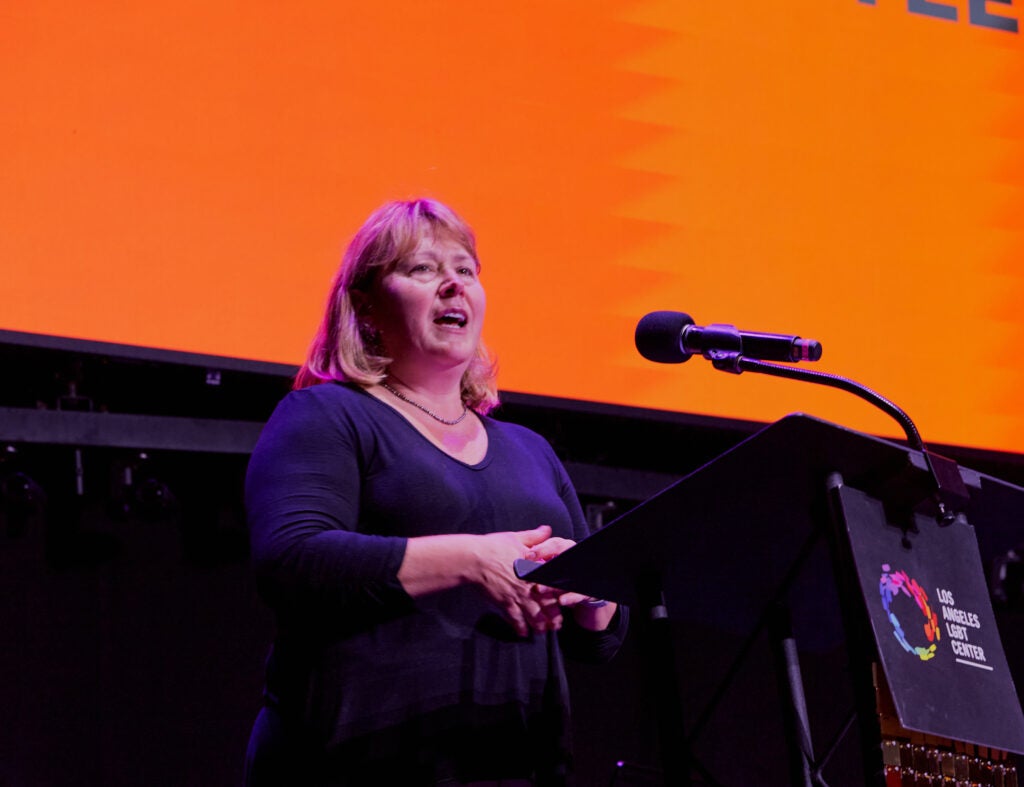
Cynthia “Cyndi” Harrison Honored with Inaugural Sharon Franklin Brown Award for Employee Excellence, Celebrating 24 Years of Service
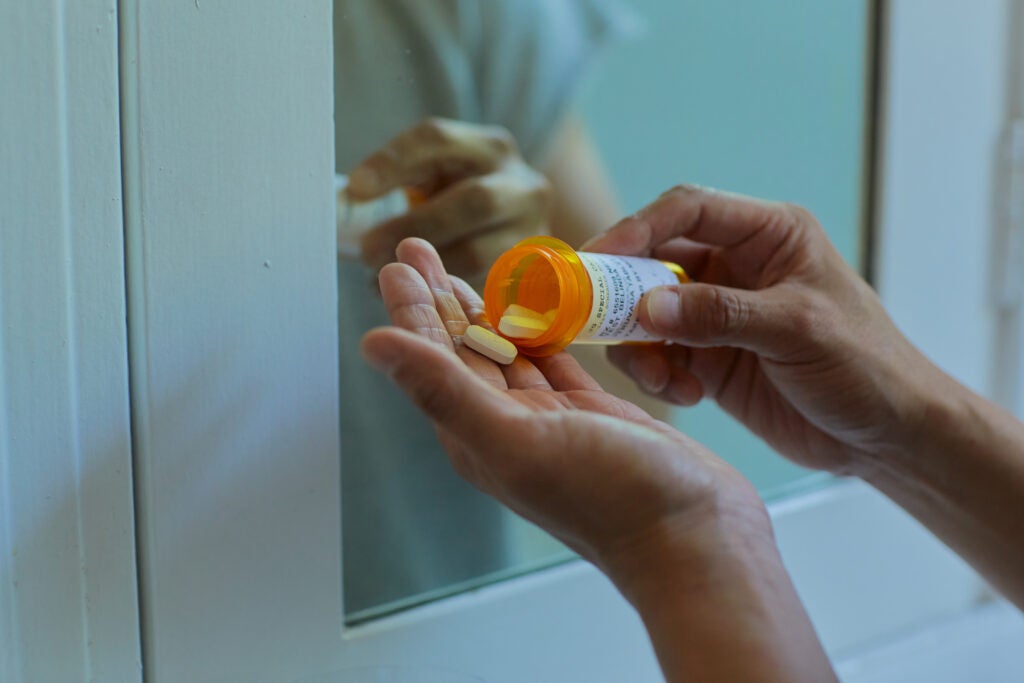
Dispensing Culturally Competent Care: The Center’s Patient-Centric Pharmacy Does Much More Than Fill Prescriptions
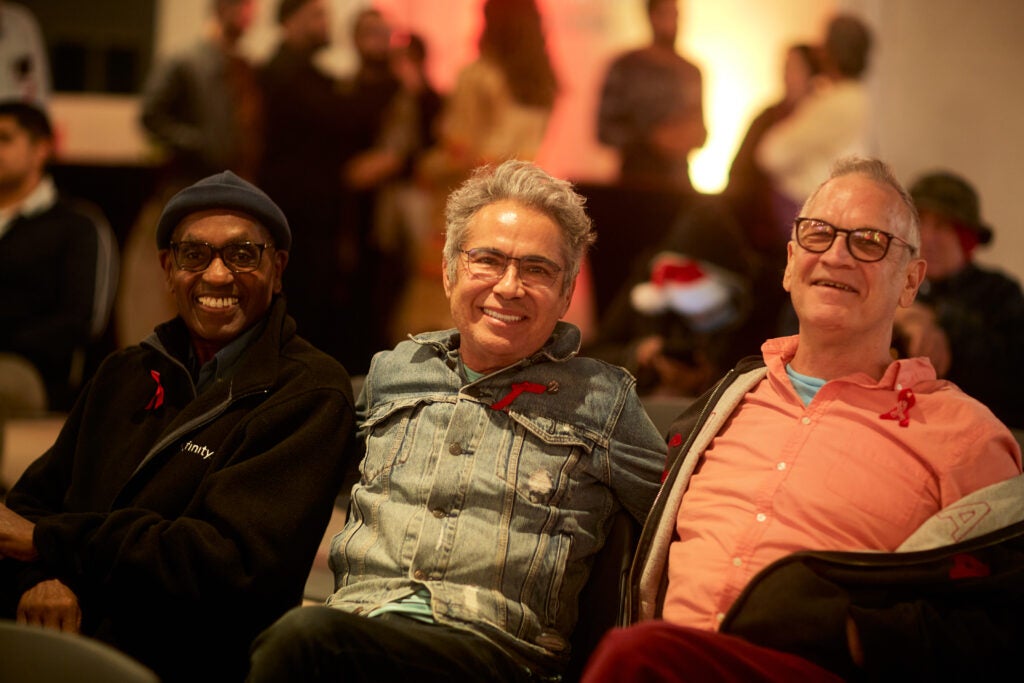
Los Angeles LGBT Center and AIDS/LifeCycle Honor World AIDS Day
